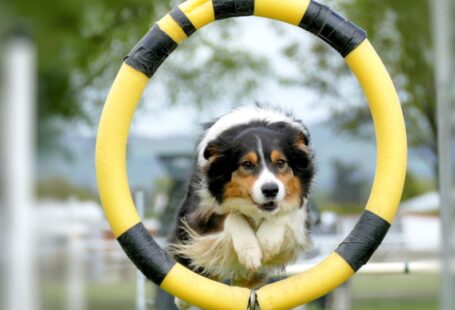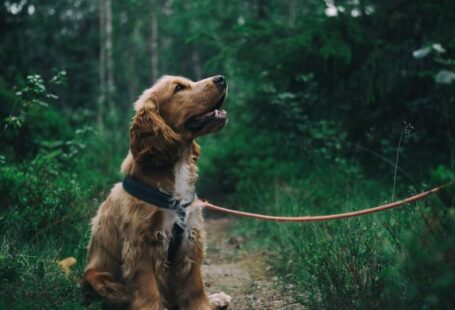Dogs are often referred to as man’s best friend, providing companionship, loyalty, and love to their owners. However, like any animal, dogs can exhibit aggressive behavior, which can be concerning and even dangerous. Understanding the causes of aggression in dogs and finding appropriate solutions is crucial in ensuring the well-being of both the dog and those around them.
Understanding Aggression in Dogs
Aggression in dogs can manifest in various forms, including growling, barking, snapping, and biting. It is essential to recognize that aggression is a natural behavior in dogs that can be triggered by a range of factors. One common cause of aggression is fear or anxiety. Dogs may become aggressive when they feel threatened or cornered, leading them to react defensively. Similarly, pain or discomfort can also trigger aggression in dogs. Physical ailments, such as injuries or underlying health conditions, can cause a dog to behave aggressively as a way to protect themselves.
Another significant factor contributing to aggression in dogs is lack of socialization or improper training. Dogs that have not been exposed to different environments, people, and animals during their critical socialization period may exhibit fear-based aggression towards unfamiliar stimuli. Additionally, dogs that have not received proper training and guidance from their owners may resort to aggression as a means of communication or asserting dominance.
Furthermore, genetics and breed tendencies can play a role in the development of aggression in dogs. Certain breeds are known to have a predisposition towards aggressive behavior, although it is essential to note that individual temperament and upbringing also play a significant role. Understanding the underlying reasons for a dog’s aggression is crucial in developing effective strategies to address and manage the behavior.
Addressing Aggression in Dogs
When dealing with aggression in dogs, it is essential to approach the situation with patience, understanding, and a commitment to finding a solution that benefits both the dog and the owner. Here are some effective strategies for addressing aggression in dogs:
Positive Reinforcement Training: Utilizing positive reinforcement techniques, such as rewarding good behavior with treats or praise, can help modify a dog’s aggressive tendencies. By rewarding desired behaviors, owners can encourage their dogs to exhibit more appropriate responses in various situations.
Behavior Modification: Working with a professional dog trainer or behaviorist can help identify the underlying causes of aggression in dogs and develop a tailored behavior modification plan. Through desensitization and counterconditioning techniques, dogs can learn to change their responses to triggers that provoke aggression.
Exercise and Mental Stimulation: Providing dogs with regular exercise and mental stimulation can help alleviate stress and anxiety, reducing the likelihood of aggressive behavior. Engaging in activities such as walks, playtime, and training sessions can help channel a dog’s energy in a positive direction.
Consistent Leadership: Establishing clear leadership and boundaries within the household is essential for managing aggression in dogs. Consistent rules and expectations can help dogs feel secure and less inclined to resort to aggressive behavior to assert themselves.
Medical Evaluation: In cases where aggression is believed to be linked to pain or underlying health issues, a thorough medical evaluation by a veterinarian is necessary. Addressing any physical discomfort or health concerns can help alleviate aggression in dogs.
Conclusion: Managing Aggression in Dogs
Aggression in dogs is a complex issue that requires patience, understanding, and proactive intervention. By identifying the underlying causes of aggression and implementing appropriate solutions, owners can help their dogs overcome aggressive behavior and lead happier, more fulfilling lives. Through positive reinforcement training, behavior modification, exercise, consistent leadership, and medical evaluation, aggression in dogs can be effectively managed, promoting a harmonious relationship between dogs and their owners. By addressing aggression promptly and compassionately, owners can ensure the well-being and safety of their beloved canine companions.





